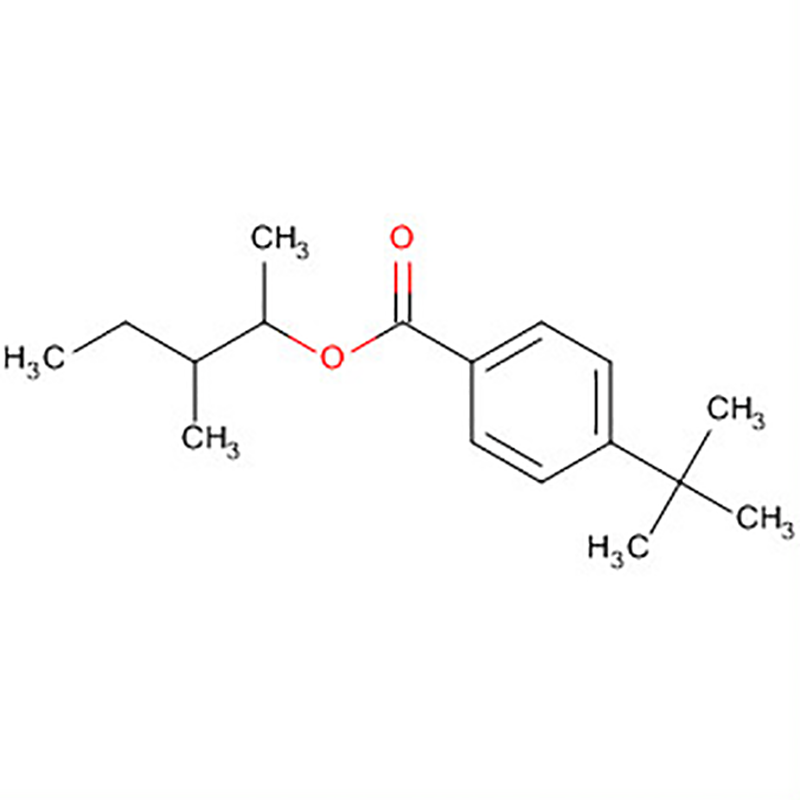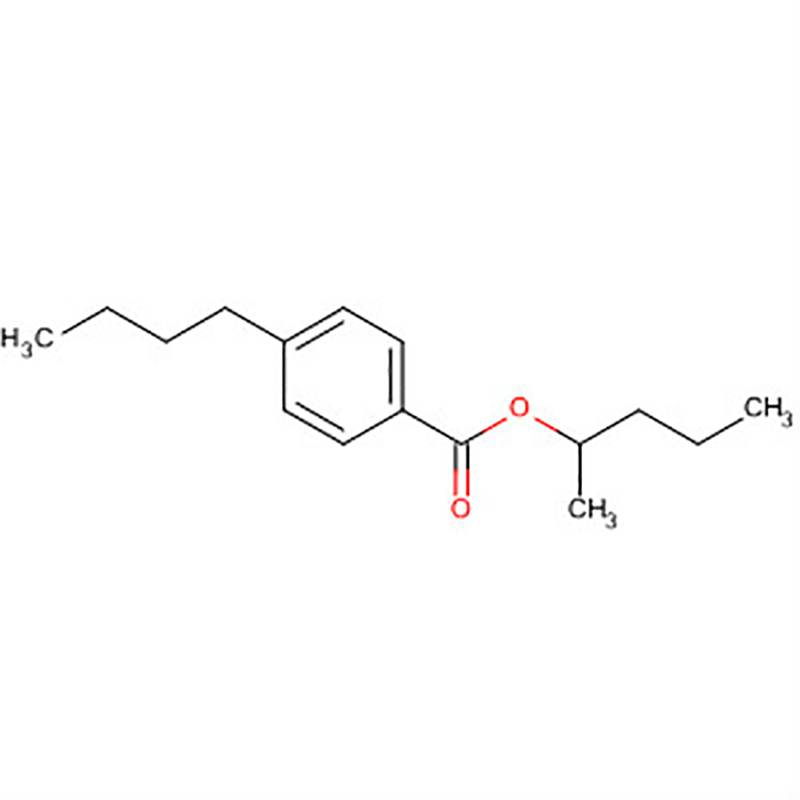-
Categories
-
Pharmaceutical Intermediates
-
Active Pharmaceutical Ingredients
-
Food Additives
- Industrial Coatings
- Agrochemicals
- Dyes and Pigments
- Surfactant
- Flavors and Fragrances
- Chemical Reagents
- Catalyst and Auxiliary
- Natural Products
- Inorganic Chemistry
-
Organic Chemistry
-
Biochemical Engineering
- Analytical Chemistry
-
Cosmetic Ingredient
- Water Treatment Chemical
-
Pharmaceutical Intermediates
Promotion
ECHEMI Mall
Wholesale
Weekly Price
Exhibition
News
-
Trade Service
3-Chloro-6-(3-chloro-1-piperidinyl)pyridazine, also known as MK-801, is a drug that is used for its neurotoxic properties in scientific research.
It is a potent non-competitive antagonist of the N-methyl-D-aspartate (NMDA) receptor, which is involved in the transmission of pain signals in the brain.
The chemical industry is an important contributor to the global economy, and it plays a significant role in the development of new drugs and medications.
The process of developing a new drug is a complex and time-consuming process that involves several stages, from research and development to manufacturing and marketing.
One of the key stages in the development of a new drug is the identification of potential upstream and downstream products.
Upstream products are the raw materials or intermediates that are needed to manufacture the final product, while downstream products are the finished products that are produced using the final product.
In the case of MK-801, the upstream products would include the raw materials needed to synthesize the compound, such as chlorine, piperidine, and pyridazine.
These raw materials would need to be sourced from suppliers and then brought to the manufacturing facility for use in the synthesis process.
The synthesis of MK-801 would require the use of various chemical reactions and purification methods to produce the final product.
The downstream products would include the finished tablets or capsules that are packaged and sold to pharmacies and hospitals.
In addition to the production of the final drug product, there may also be other downstream products that are derived from MK-801.
For example, the compound may be used as a research tool in scientific studies, in which case it may be packaged and sold to researchers in academic or biotech settings.
Another potential downstream product of MK-801 is its use as a starting point for the development of other drugs or medications.
By modifying the molecular structure of MK-801, researchers may be able to create new compounds with similar neurotoxic properties that could be used to treat other conditions or diseases.
Overall, the development of new drugs like MK-801 requires a complex network of upstream and downstream products.
From the sourcing of raw materials to the production and distribution of the final product, the chemical industry plays a critical role in ensuring that patients have access to safe and effective treatments for a wide range of medical conditions.







